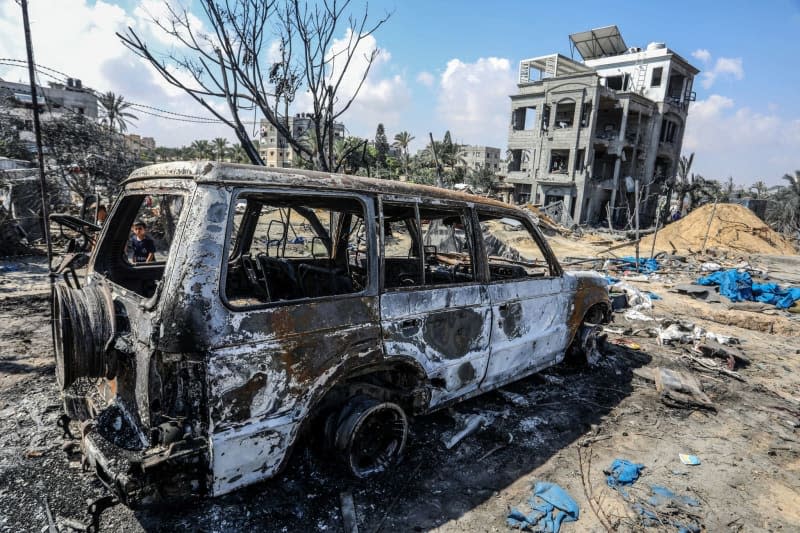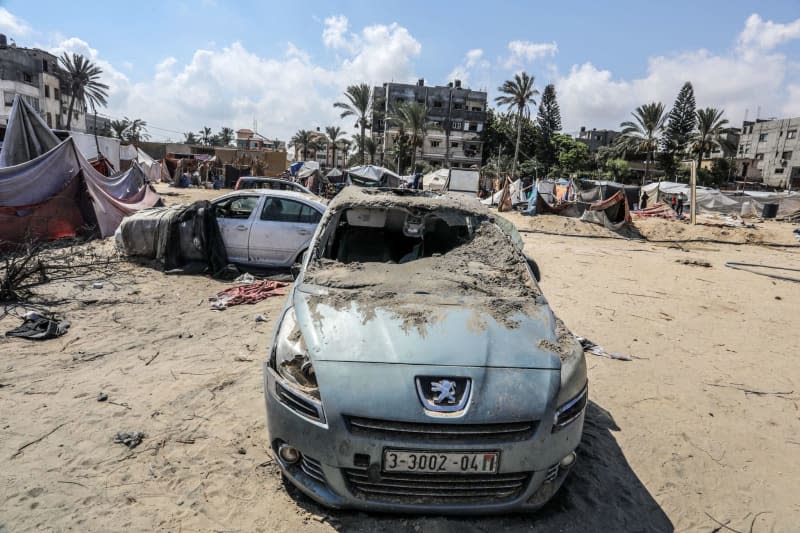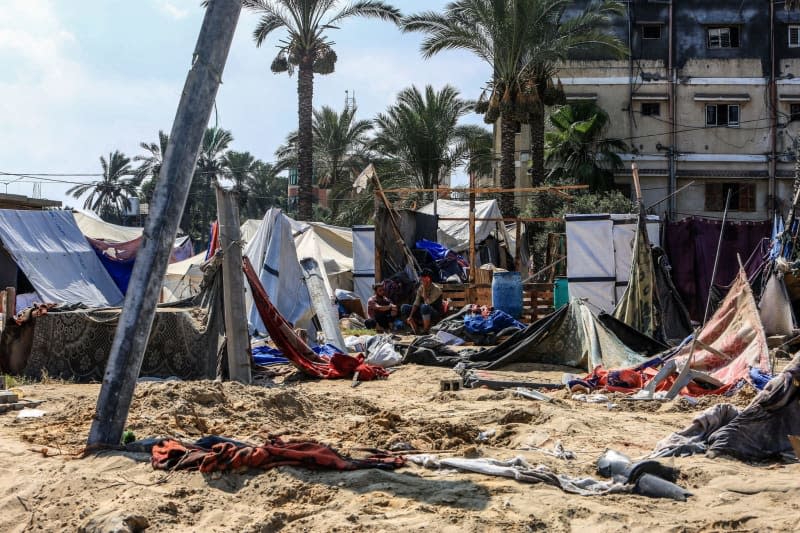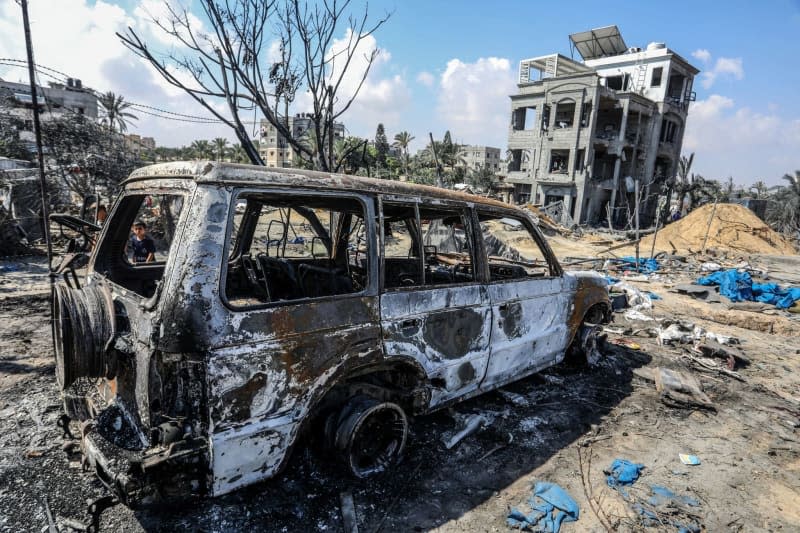Israel on Sunday said Rafa Salama, a top commander from the Palestinian Islamist group Hamas, was confirmed killed in a deadly airstrike which the Hamas-run health authorities in Gaza said hit a refugee camp, leaving at least 90 people killed.
Hamas meanwhile denied reports that negotiations on a ceasefire and the return of remaining hostages have broken down in the Qatari capital Doha in the wake of the attack.
Salama was a key target of Saturday’s strike along with Mohammed Deif, the leader of Hamas’ military wing in Gaza. The pair have been described by Israel as “masterminds of the massacre on October 7,” which sparked the current conflict.
A statement from the Israel Defence Forces (IDF) said Salama was “eliminated” but made no mention of Deif.
Prime Minister Benjamin Netanyahu previously stated that there was still no absolute certainty about Deif’s fate, while a Hamas representative in the Lebanese capital Beirut on Sunday said Deif was not killed.
The IDF described Salama as one of Deif’s closest associates and said his death would seriously impair Hamas’ military capabilities. Salama commanded the Khan Younis Brigade in southern Gaza and was responsible for numerous rocket strikes carried out against Israel in recent years, the IDF said.
Palestinian medics said the strike on Saturday killed at least 90 people and left hundreds injured after tents for displaced people in the al-Mawasi camp were hit.
The IDF said the attack “was carried out in a fenced-in area controlled by Hamas and where, according to [IDF] information, only Hamas terrorists and no civilians were present.”
No breakdown in negotiations
Despite the deadly airstrike, Hamas on Sunday maintained that indirect negotiations are still ongoing.
According to Israeli media reports, the head of the Israeli foreign intelligence service, Daniel Barnea, plans to travel to the Qatari capital Doha in the coming days for another round of talks.
The negotiations, which have continued for months, centre on the exchange of the remaining hostages held by Hamas for Palestinian prisoners in Israeli jails, as well as a ceasefire in the Gaza conflict.
The indirect talks are progressing slowly, with Israel continuing to reject Hamas’ demand for a permanent ceasefire.
Also on Sunday, Israeli media reported that the Netanyahu government has extended the duration of compulsory military service for Israeli men by four months due to the need for greater manpower.
New recruits will now have to serve for 36 months – a full three years – instead of the previous 32 months, according to a report on Israel’s Kan Radio. The two-year conscription period for women remains unchanged.
The bill still has to be approved by the Knesset, the Israeli parliament.



EMEA Tribune is not involved in this news article, it is taken from our partners and or from the News Agencies. Copyright and Credit go to the News Agencies, email news@emeatribune.com Follow our WhatsApp verified Channel





